On Friday 29 October, Mushtaq Khan gave an online lecture on ‘Making Anti-Corruption Effective: A New Approach’ as part of the Cutting Edge Issues in Development Lecture Series for 2021/22. Mushtaq Khan is a professor of Economics at SOAS University of London and Chief Executive of the FCDO-funded SOAS-ACE (SOAS Anti-Corruption Evidence) Research Partnership Consortium. Visiting fellow at LSE’s Firoz Lalji Institute for Africa, Dr Uche Igwe was an invited discussant for the lecture. Read what MSc student Hayoung Lee took away from the lecture below.
You can watch the lecture back on YouTube or listen to the podcast.
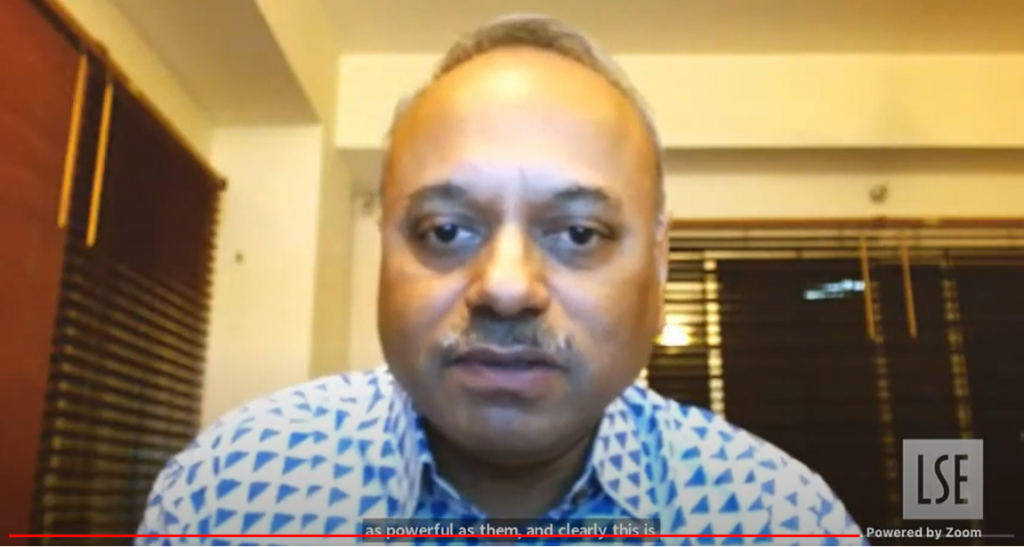
Why are anti-corruption efforts so ineffective?
Mushtaq Khan, professor at SOAS and Executive Director of Anti-Corruption Evidence Research Consortium, finds the answer to this question in the absence of horizontal monitoring mechanisms. He explains that current anti-corruption efforts are constructed under the assumption that people having more access to information and their ability to hold offenders responsible for their wrongdoings would reduce corruption. But what if people know about corruption but the stakeholders do not want to hold offenders accountable because they are also corrupted?
This is exactly the case in many developing countries. Dr Khan argues that transparency and accountability based anti-corruption efforts fail to bring satisfactory results because rule of law is very weak or even absent in many developing countries. In a society that has a rule of law, most people comply with the rules and a small number of violators are equally and fairly punished regardless of their power. Members of such a society want to protect their self-interest and maintain the social order through law and therefore engage in monitoring and enforcement of the law. However, in the developing world, many people violate the rule either because they can’t comply or do not need to as they can avoid the punishment through power and connection. This is important because weak rule of law and rampant corruption pose a critical obstacle to achieving developmental goals in health, education, environment, and growth. Ineffective development or aid work delays the betterment of life for the people and wastes tax-payer money.
Dr Khan presents two feasible strategies to achieve developmental goals despite the weak rule of law. The first is the “voice strategy” which leverages self-interested horizontal monitoring. The second is the “exit strategy” which provides an alternative mode of operation to achieve development goals with the realisation that corruption is too hard to crack at the moment due to a strong network among the major actors of corruption and absence of internal incentive to break the cycle.
To demonstrate the two strategies and other contextualised interventions, Dr Khan presents five case studies on climate adaptation projects, skills training programmes, power sector corruption, artisanal oil industry, and doctor absenteeism in Bangladesh and Niger Delta. The following are the key lessons from these case studies respectively:
- Corruption is less likely when influential but similar people get involved in monitoring as they can (or have the illusion to) have a real, immediate impact on the monitored’s livelihood. To get influential people involved, there must be immediate dual-use benefits rather than long-term single-use purpose in a project
- Corruption is less likely when the demand side capabilities, especially to absorb the supply, are strengthened
- Politically unconnected actors can prevent collusion and prevent corruption
- Standard enforcement approach may do more harm than good in cases where people’s livelihood is at stake and conflict is likely; rather, provision of alternative means to attain benefit can be more effective in curbing corruption
- Reducing the proportion of free riders by incentivising the “swing group” can enable horizontal monitoring
I take away three lessons. First, vertical monitoring and enforcement, meaning anti-corruption agencies or other responsible actors cracking down on politicians or civil servants, is not enough to combat corruption. The responsible actors themselves can be corrupted, or such a mechanism is not taken seriously by the monitored and thus has no impact on their actual decision-making and behaviour. Therefore, horizontal monitoring and enforcement, meaning peer pressure to free-riders or rule violators which is a more immediate threat, must be a necessary if not a central component of anti-corruption efforts.
Second, one size does not fit all. What worked in climate adaptation projects in Bangladesh which employed horizontal monitoring would not work in the highly sensitive artisanal oil industry in Niger Delta. A senseless and uniform approach to anti-corruption without a precise understanding of the motivations, mechanisms, organisational and interpersonal dynamics can cause conflict and social division among the stakeholders and communities.
Lastly, curbing corruption is hard, but we need to start somewhere. It is not practical to attempt to solve all corruption problems at once – embezzlement, bribery, fraud, extortion, and the list goes on. What is practical is to start with feasible changes that can be accepted and sustained by the relevant actors. We must be relentlessly hopeful and committed that incremental but effective changes are better building blocks to strengthening rule of law than a grand, all-encompassing solution to corruption.
Hayoung Lee
_______________
The next guest lecture will be with Jayati Ghosh on Friday 12 November 2021 on ‘Access to Vaccines and the Limiting Role of Intellectual Property Rights and Pharma Monopolies’. LSE Students, Staff and Alumni can register here. External audiences can join the lecture via YouTube.
The views expressed in this post are those of the author and in no way reflect those of the International Development LSE blog or the London School of Economics and Political Science.


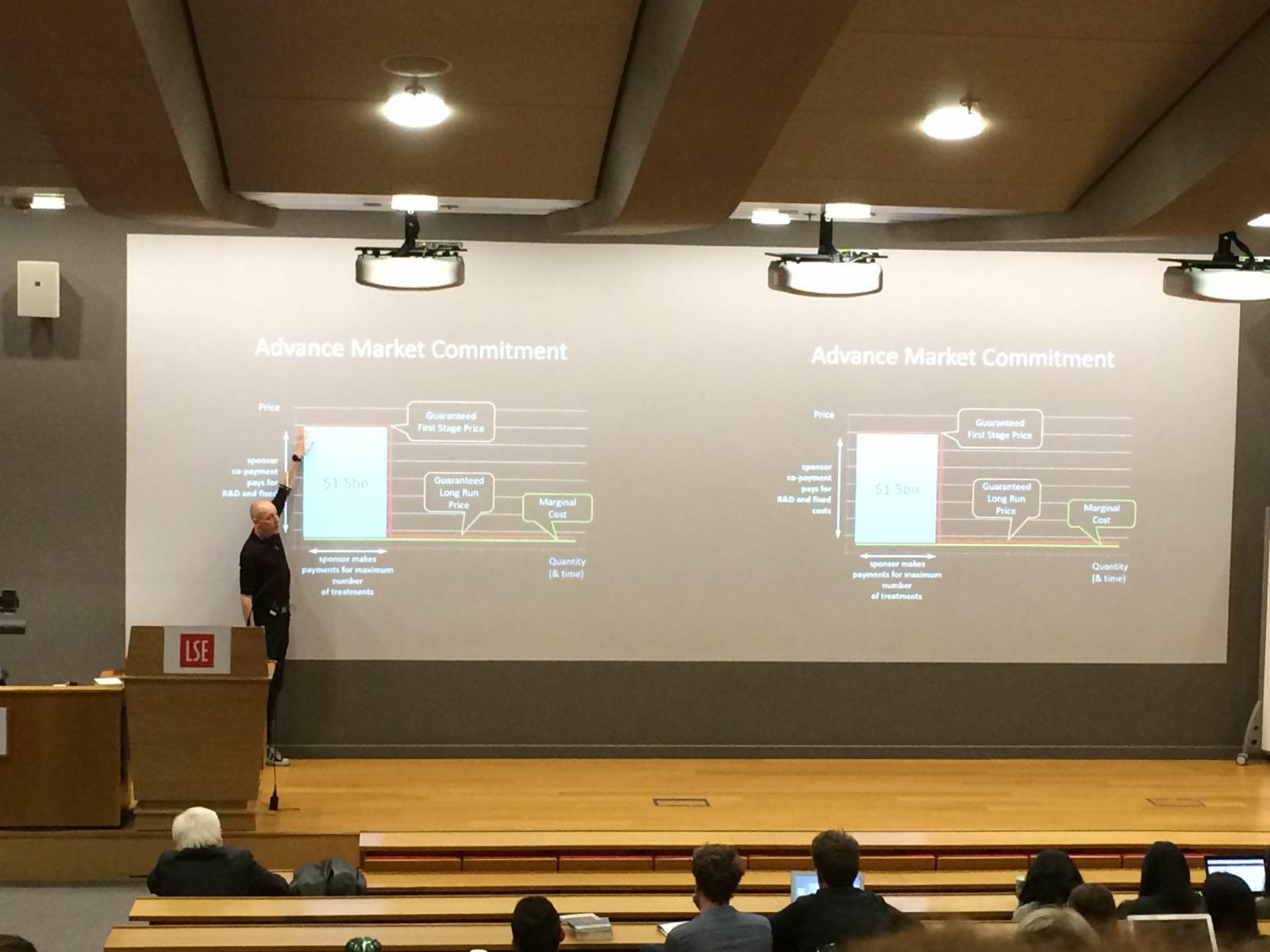
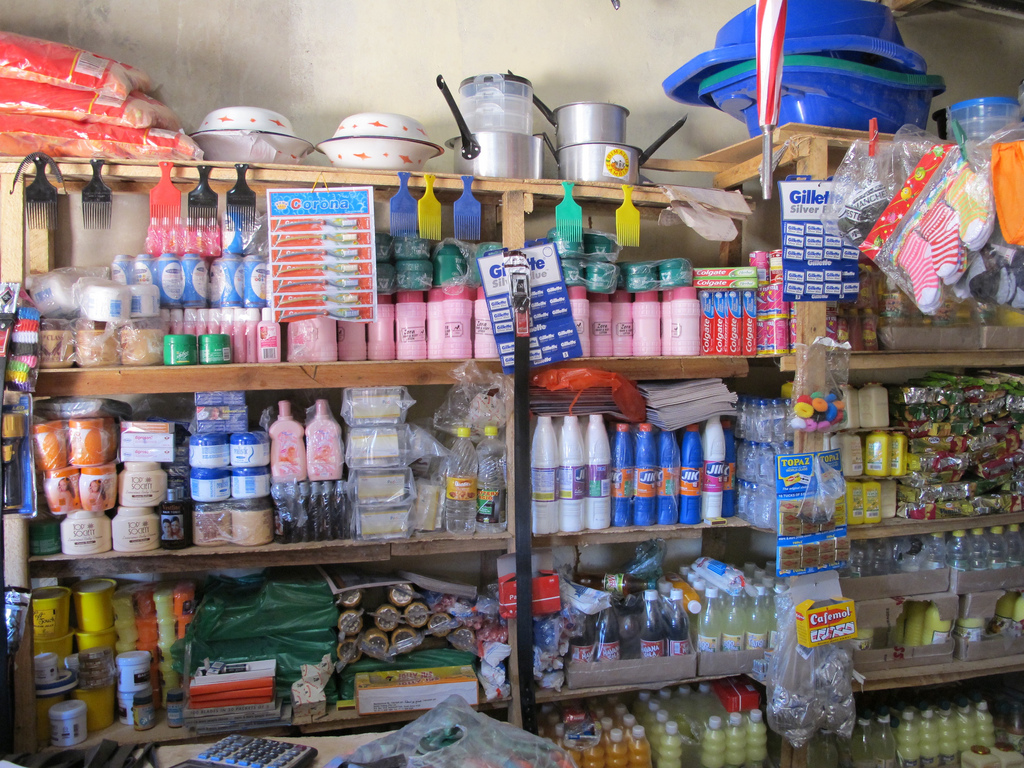
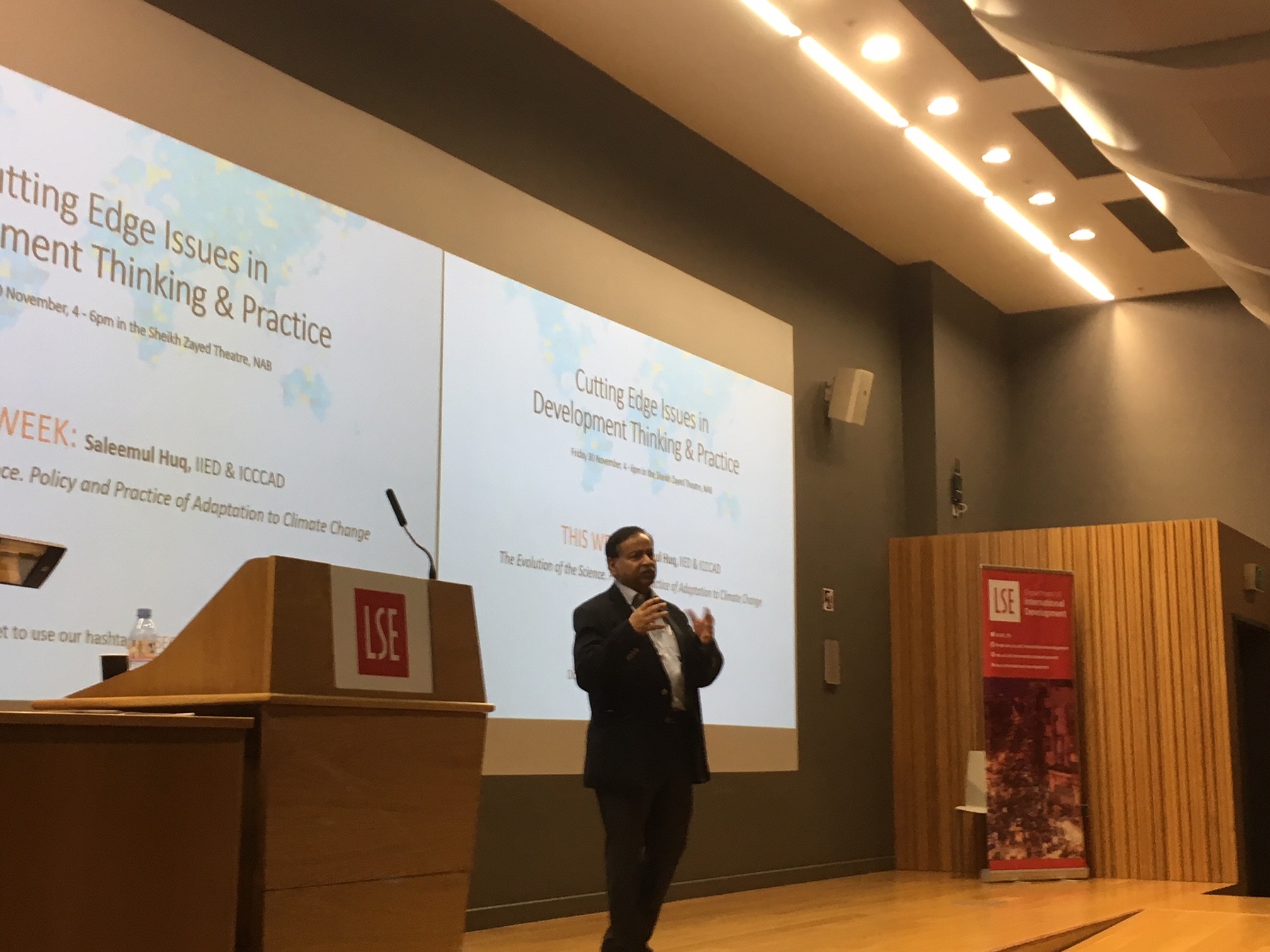
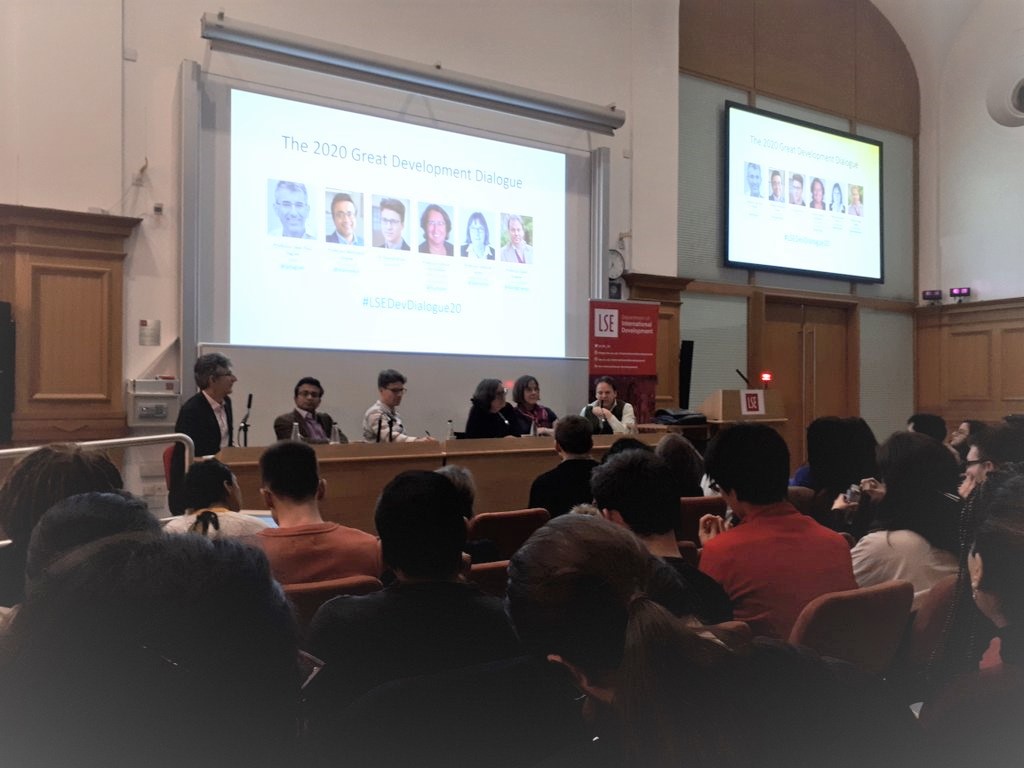
2 Comments